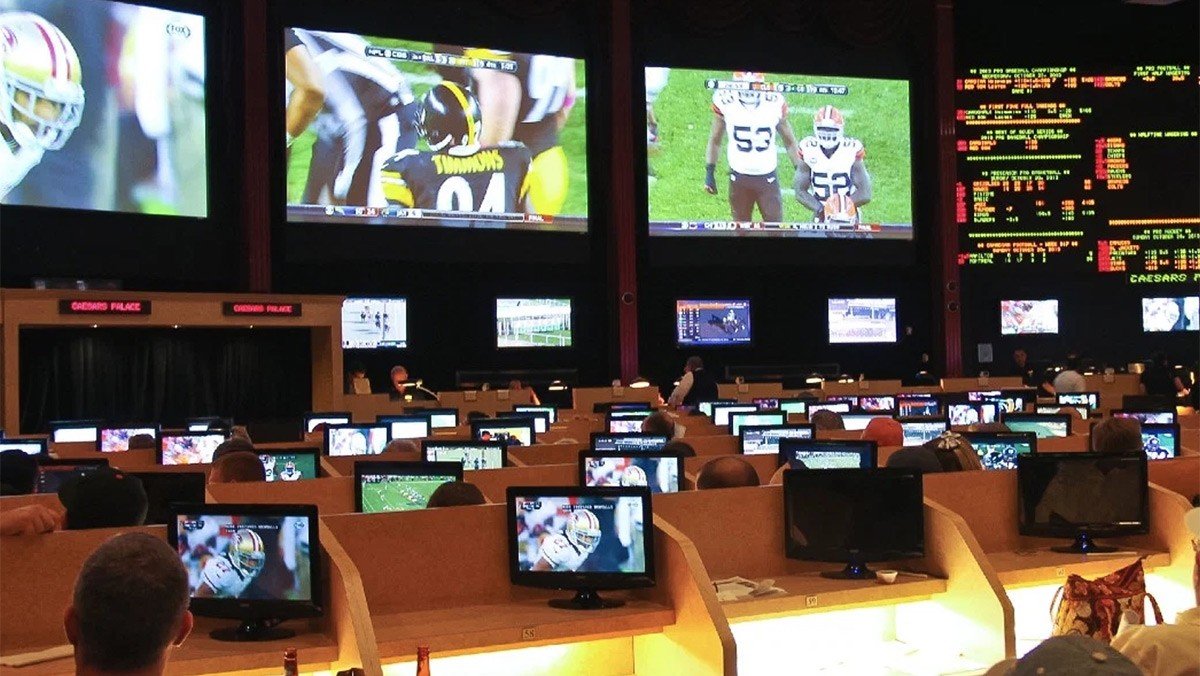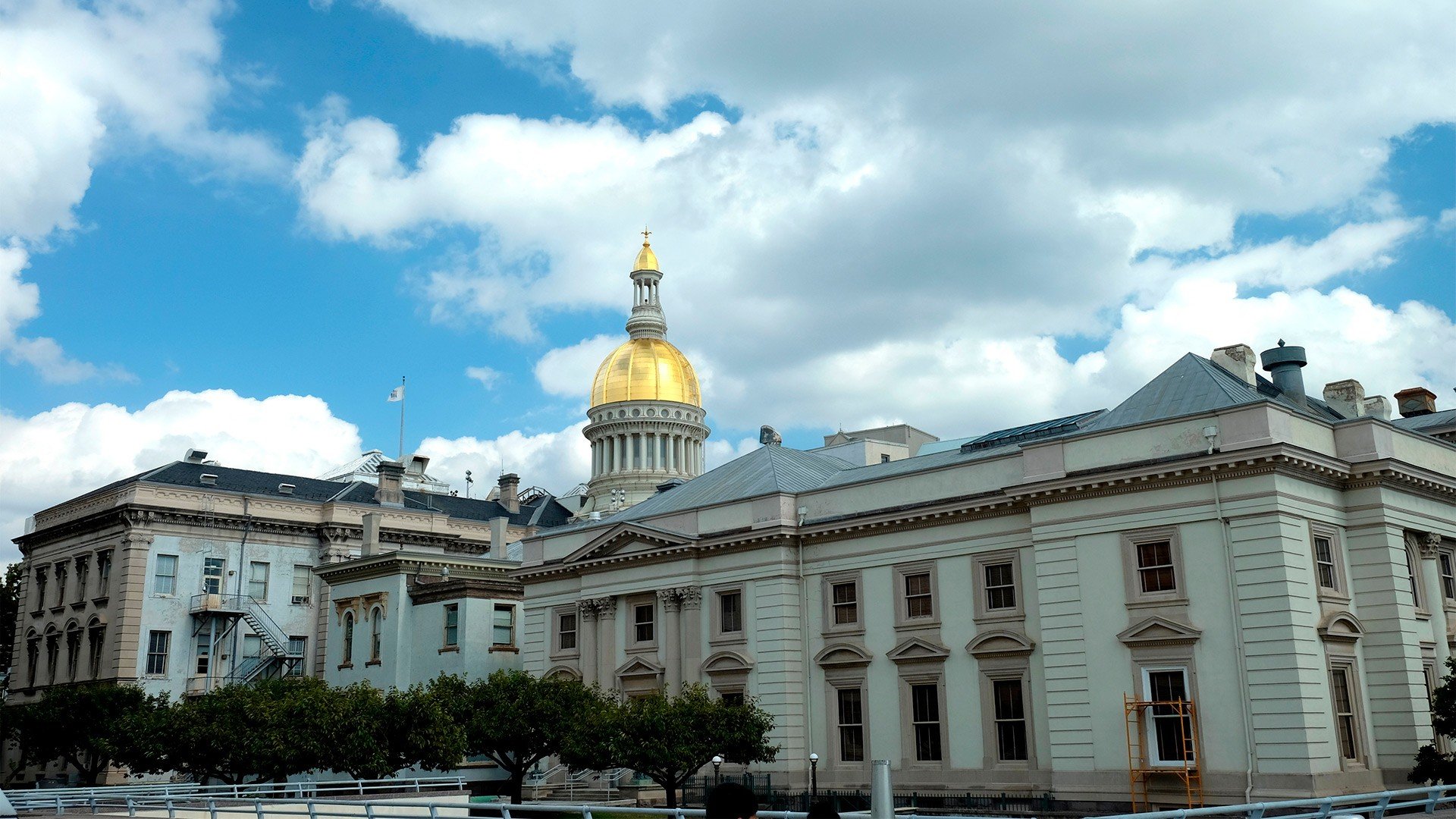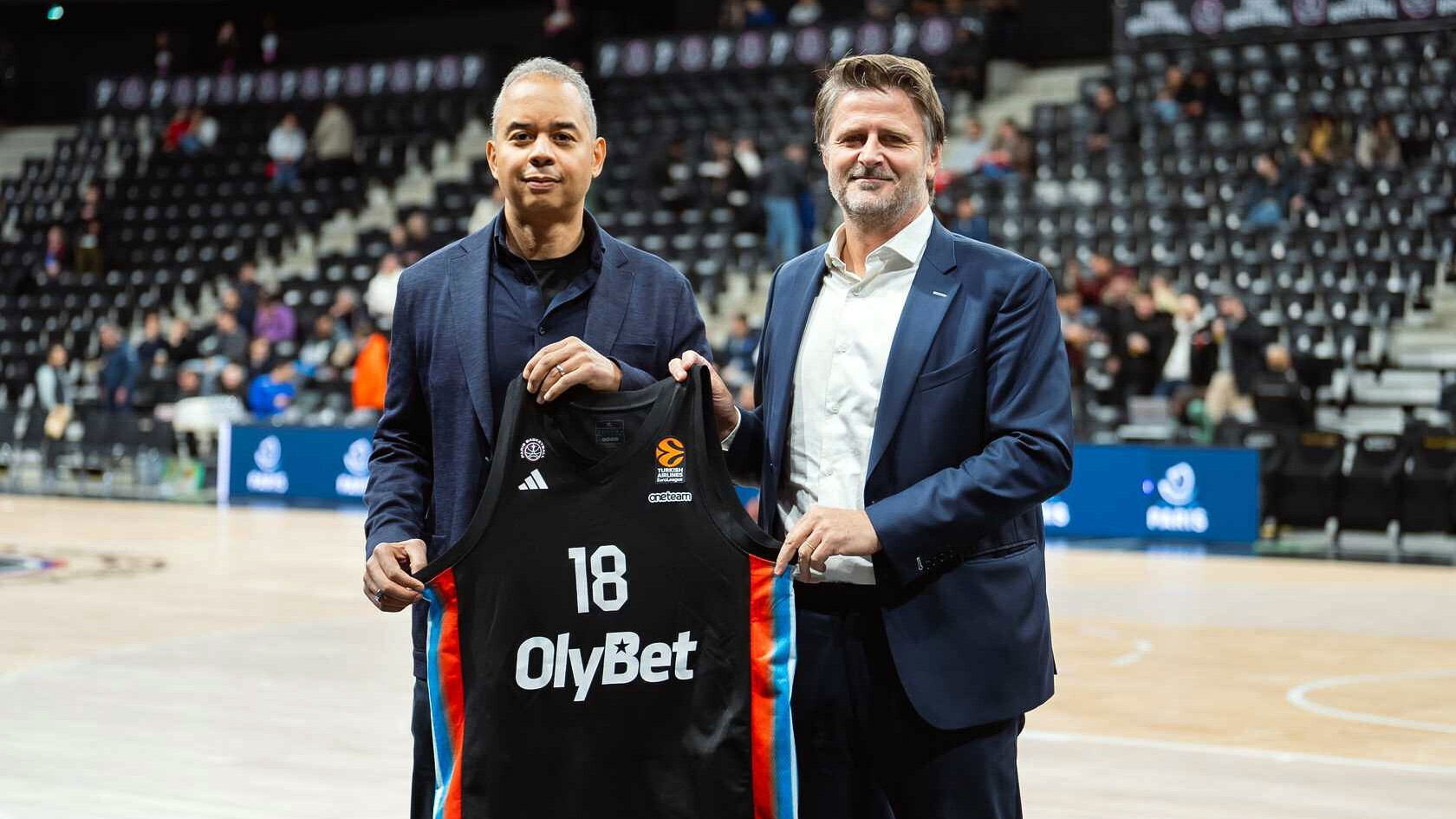California: Sports betting to remain illegal after voters overwhelmingly reject competing measures

California voters have overwhelmingly rejected two competing measures to legalize sports betting in the Golden State. The defeat of the proposals keeps the largest US market closed to legal sports wagering, at least for the time being, despite the campaign for the propositions being the most expensive in the country’s history, with record-setting money poured into the legalization efforts by both Native American tribes and the gaming industry.
Proposition 26, backed by dozens of tribes, would have legalized sports betting on a retail basis at tribal casinos and state racetracks. It would have also allowed tribes to expand gaming offerings to include roulette and dice games. The measure was opposed by cardrooms, which claimed the proposal would have granted tribes a monopoly and worried about a provision allowing individuals to bring civil lawsuits against card clubs over disputes in state gaming law.
Proposition 27, on the other hand, would have legalized online and mobile sports betting, and was put on the ballot by a coalition of gaming companies including heavyweights DraftKings and FanDuel. The proposition was opposed by a majority of California’s Native American tribes, which feared the measure would have cut them out of the booming market, and which argued the move would have led to a massive expansion of gambling.
The campaign was the most expensive ballot measure fight in US history, with the various parties for and against Prop 26 and Prop 27 spending over $450 million on their efforts, reports NPR. However, after Labor Day, campaigns for both initiatives largely folded their cards with spending reduced. Executives of the top sports betting companies admitted the likelihood of a defeat in the weeks prior to voting, stating legalization would have to wait until 2024.

Despite the record-setting spending, neither tribes nor commercial gaming interests managed to gain public support for their efforts. With more than 4.6 million votes counted, the online betting proposal had only 16% support; while the competing tribal proposition had less than 30% support. The money raised and spent on the legalization fight more than doubled the record amount spent in 2020 by Uber, Lyft and other app-based ride-hailing and delivery services to prevent drivers from becoming employees eligible for benefits and job protection.
The fight over sports betting legalization was marked by heavy advertising that touted benefits supporters of each measure claimed would come with approval; countered by robust campaigns that warned of the dangers they posed. Tribes focused on how Prop 27 would have made it easier to become addicted and for children to place bets on devices; while gaming interests argued Prop 26 would have enriched wealthy tribes by granting them a monopoly. The numerous stakeholders behind the efforts have begun releasing statements on the matter.
"We are grateful to California voters who rejected out-of-state gambling corporations' deceptive measure and once again stood with California Indian tribes," said Greg Sarris, Tribal Chairman of the Federated Indians of Graton Rancheria, part of the NO on Prop 27 coalition. "Today's vote is a show of support for tribal self-reliance and a total rejection of corporate greed."
"Our internal polling has been clear and consistent for years: California voters do not support online sports betting," added Anthony Roberts, Tribal Chairman of the Yocha Dehe Wintun Nation. "Voters have real and significant concerns about turning every cell phone, laptop and tablet into a gambling device, the resulting addiction and exposure to children."

Tribes argued their “clear” objective was defeating Prop 27, even with tribal-backed Prop 26 on the ballot. Prop 26 was originally intended for the 2020 ballot, but the pandemic shutdown in March 2020 halted signature gathering, and the measure subsequently qualified for the 2022 election. Once Prop 27 was filed with the California Attorney General in 2021, tribes' focus shifted to defeating the sportsbooks-backed proposition.
"California voters were not fooled by Proposition 26 and soundly rejected it. Prop 26 was not just a sports betting measure but a massive expansion of gambling by five wealthy tribes that included a poison pill aimed at taking market share away from highly regulated cardrooms that provide millions of dollars in tax revenue to communities and tens of thousands of jobs," countered in a statement the cardrooms-backed NO on Proposition 26 campaign.
The nonpartisan Legislative Analyst’s Office found both competing initiatives would have increased state revenues but it was unclear by how much, reports Associated Press. Democratic Gov. Gavin Newsom, who won reelection, didn’t take a position on either proposal but said Proposition 27 was “not a homeless initiative.” The California Republican Party opposed both proposals. For their part, State Democrats opposed Proposition 27, but were neutral on Proposition 26. Major League Baseball backed Proposition 27.
















































